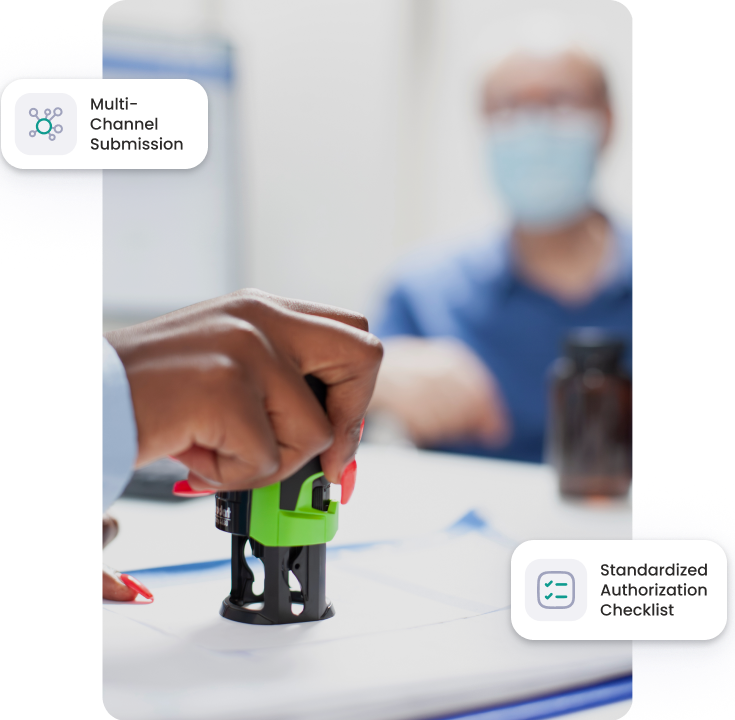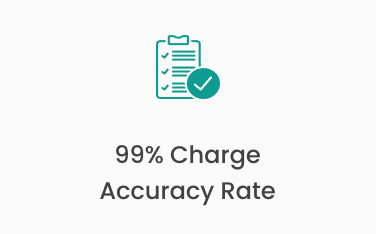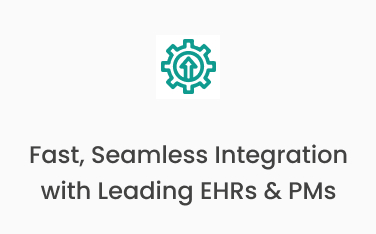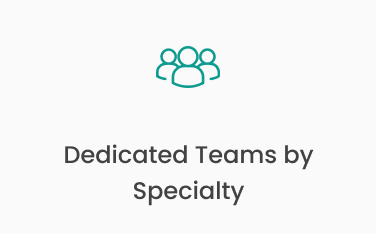Accelerate Reimbursements with Precise Charge Entry Services
Accurately capture charges, reduce denials, and speed up payments with streamlined, error-free entry tailored to your specialty.

Accurately capture charges, reduce denials, and speed up payments with streamlined, error-free entry tailored to your specialty.

Core Capabilities That Drive Results

Each charge is mapped to your specialty and payer-specific rules, eliminating data-entry errors and setting the stage for clean claims.
Missing or unclear data? Our team flags it instantly and initiates resolution—no delays, no backlogs.
All entries pass through multi-level QA checks, increasing first-pass acceptance rates and reducing denials.
Discrepancies are caught and resolved before submission—keeping your revenue cycle smooth and denial-free.
Clean claims go out faster—and get paid faster.
Reduce staff burden by offloading repetitive charge entry to our expert team.
From orthopedics to cardiology, we tailor charge entry to your clinical and coding needs.
We work within your current billing system—no need for complex tech transitions or lengthy onboarding.




Don’t let simple errors delay your payments. Let SolvEdge’s charge entry experts power your claims with unmatched accuracy and efficiency.